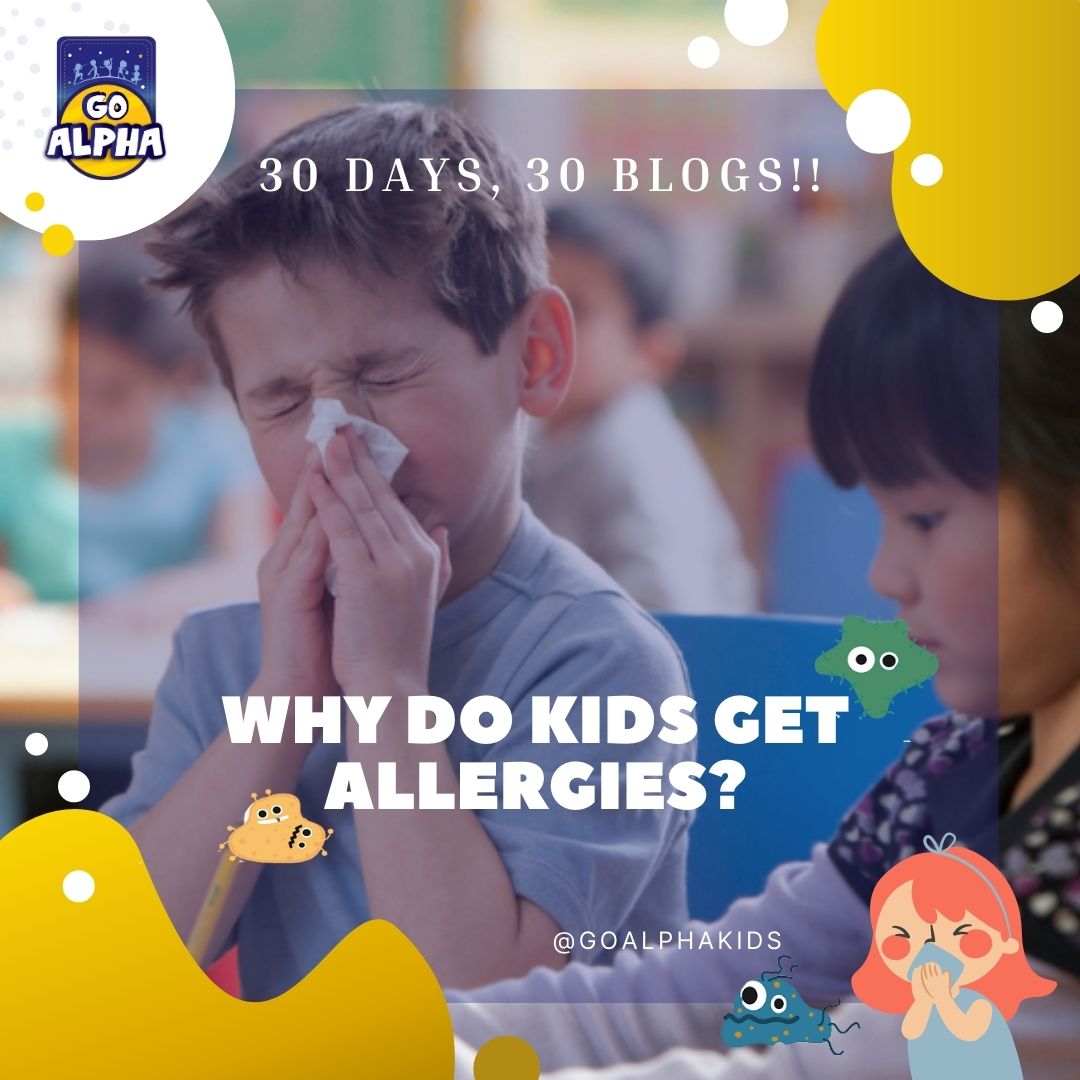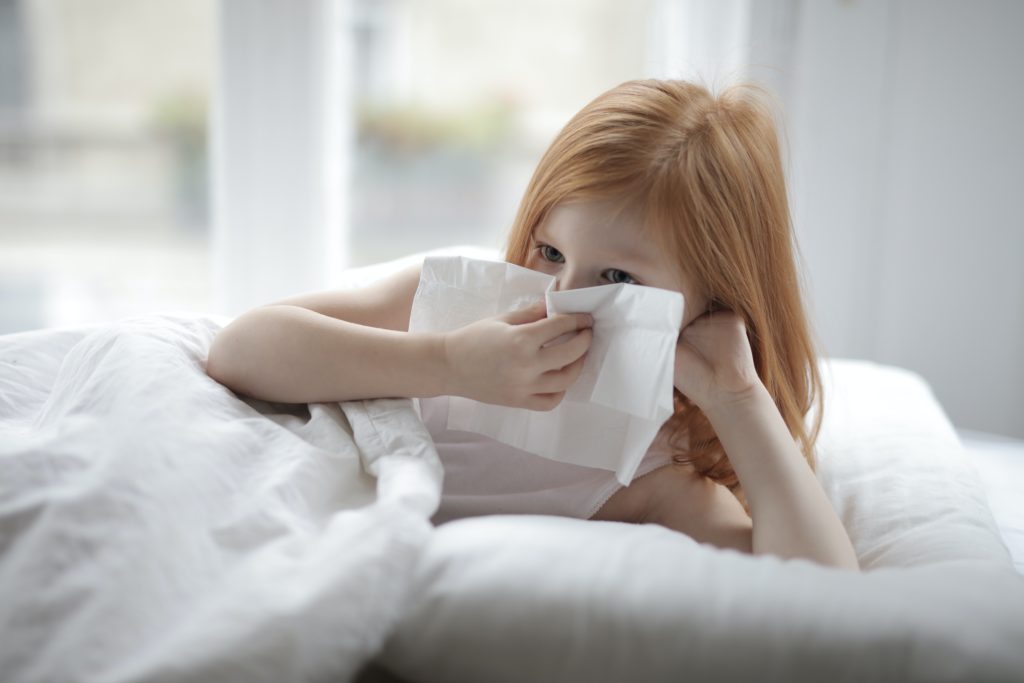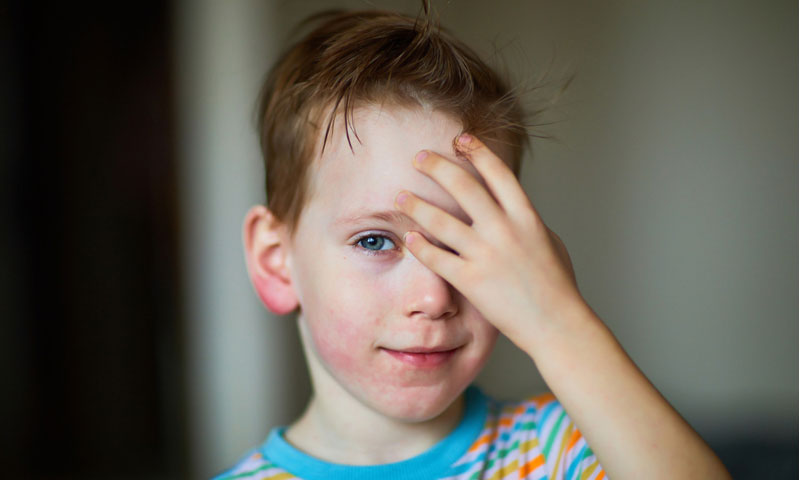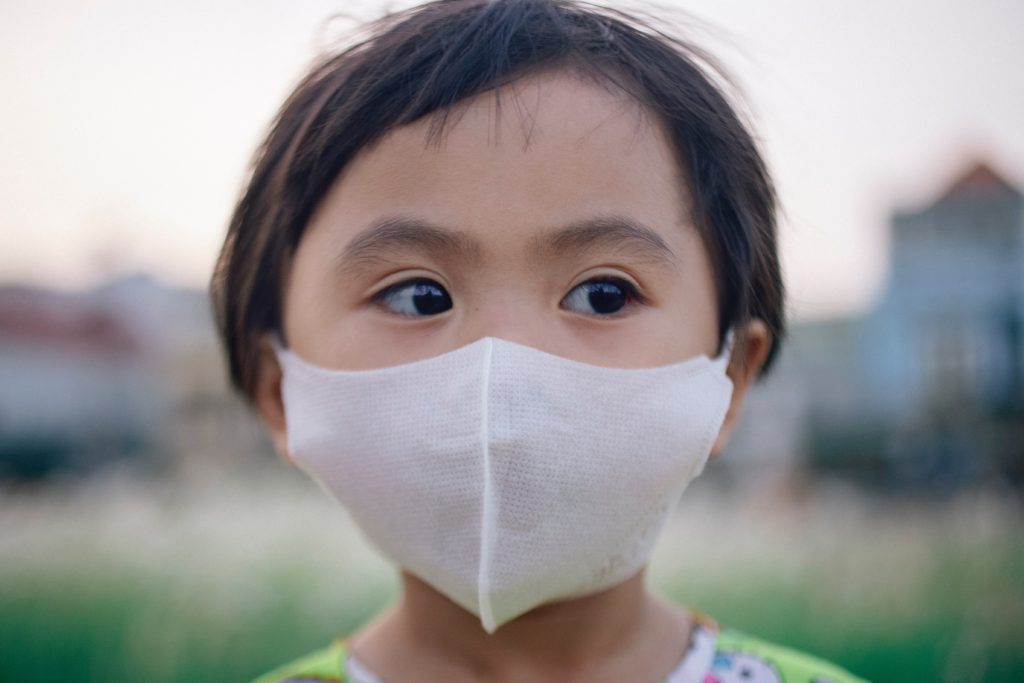



The term allergy encompasses a wide range of conditions; it is not a disease in itself. An allergy occurs when the body’s immune system becomes hyperreactive to a substance that could be harmless in itself, called an allergen. Our immune systems are responsible for protecting us from different kinds of bacteria and viruses. But there are certain agents in the form of food, dust, pollen etc that often affect our body causing irritation, itchiness and sometimes pain. When our body reacts with such substances, they cause allergic reactions, thus causing the allergy. Almost 30-35% of children are influenced by allergic diseases with the numbers increasing rapidly every year.
Allergies are a very prevalent condition, especially among kids. Kids have very sensitive skin which exposes them to a variety of allergens at early ages. In some children, the allergy may get better with time, while some continue to be its victim even when they grow up. It is, however, not a kind of disease to be stressed about but certainly one to be taken care of.


Allergies in children, mainly attribute their existence to the discordance of genetic and environmental factors. Kids in their childhood, lack sufficient immunity to resist or filter unwanted substances in their body. They do not have a strong response to stimuli thus giving wrong signals to the body. As a result, they develop allergic reactions easily.
One of the other factors contributing to the sensitivity issue in kids corresponds to their exposure to all kinds of food, environmental activities and certain products. Parents should introduce their children to all forms of human necessities, but at the same, they should not portray a careless attitude in straining the non-essential and disturbing elements, if present.
Do you ever feel that your child behaves irritated when acquainted with certain products or foodstuff or do they catch cough and cold quickly when exposed to dust or other micro particles? If yes, then your child might be having allergy issues. The signs and symptoms of allergies are indeed very predictable as the child facing it cannot withstand it even for a few minutes. Parents should be very cautious of the situations which makes their kids behave seemingly passive and reluctant as it can be a sign of an allergy.
Here are a few common symptoms, which may help you to easily identify whether your child is facing an allergy complication or not:


These symptoms may persist for a while and then start healing on their own. But if they continue to cause pain for a longer duration, then parents must seek immediate medical assistance. One should not delay the process, particularly in children’s case, to avoid undesirable side effects.
Allergies due to genetic factors are one of the most common sources in kids. Often families with pre allergic conditions are likely to transmit the same onto their children. The common hereditary allergies are hay fever, asthma and eczema. However, allergic disorders are not always inherited. If one or both parents have allergies, it does not necessarily mean that the child will also acquire one.
They are the periodic allergic disorders occurring during certain times of the year. It is seldom seen that when the weather changes happen and the temperature variation occurs, seasonal allergies take place. Therefore, parents should take special care of their kid in these times to avoid undesirable diseases like cough, cold, sneeze etc.
Dust mites, pollen and moulds are some of the most frequent agents of airborne allergy. They are mostly harmless but when interacting with our systems, can cause a great sense of irritation and mild fever. Allergy Rhinitis, an airborne allergen, causes an inflammation in the nose which might, in turn, affect our immune systems. The ratio is high in the case of toddlers. Hence, parents should take proper care of their kids in their maturing years.
About 4 to 6% of all the children have one or the other kind of food allergy. It is a feeling of intolerance towards a certain range of food items. These foods trigger an allergic disorder in kids which includes cow’s milk, peanuts, eggs, shellfish, wheat and many others. Parents of young children are often worried when their child isn’t able to digest day to day eatables. But it is important to understand that it’s ok if the child is resistant to them as they might have developed an allergic reaction to it.
Allergies not only cause kids to sneeze and wheeze but also appears on the external surfaces of their skin. These are called skin allergies. The symptoms mainly include rashes after touching something, hives and swelling on consuming certain food or medicines and eczema about asthma or hay fever. It is always better to consult a doctor in such situations before the skin of the child gets damaged to a greater extent.
Allergies do not have a predictable lifeline. Some kids get rid of them in their childhood itself while in others, it may take forever. But one can surely discover methods to deal with it. Let me take you through some of the most sought after ways to handle your child’s allergic issues:


Written by Ishita
Please fill the form to get more information and set up a FREE Go Alpha Demo at your preschool.